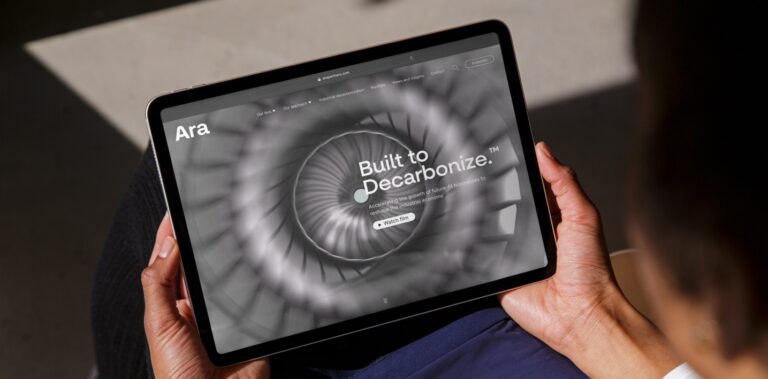Diversity, equity and inclusivity in comms

Last week we explored equality and equity as part of International Women’s Day. Today we return to those themes for the International Day for the Elimination of Racial Discrimination.
On International Women’s Day 2023 we were all asked to #embraceequity to help create a gender equal world. At Bladonmore we decided to explore the idea of equity and how it differs from equality, so we created a short quiz to prompt people to think a bit more deeply about the issues.
We also decided that embracing equity shouldn’t be just for one day and that we would return to these questions throughout the year and think about what equity might mean for women and the (dis)advantages they encounter in relation to other aspects of their lives and identities.
Today is the International Day for the Elimination of Racial Discrimination and our first opportunity to think about equity and equality in relation to race.
Your dream job
So, you’ve landed your dream job in communications, working for an agency that’s both cooler and more boutique than you could have imagined. Colleagues seem really nice. Diverse set of clients and lots of interesting projects.
It took ages to land this job. Lots of applications to different companies before you even got an interview. But you got this one.
It seemed a bit odd at the time. Most of your course mates seemed to get jobs after one or two interviews but you know, maybe they weren’t the right jobs. It’s about personality, isn’t it? Landing in the right place at the right time.
The first couple of years went well. You learned so much. You were on so many projects with clients that you could really relate to. So many in fact that maybe you were being spread a little too thin and couldn’t really get to grips fully on any one of them.
Your colleagues seemed to work on fewer, bigger projects and really get noticed. Maybe that was why they seemed to get promoted faster than you.
The one thing that did annoy you was that after a year or so you were teaching some of the new joiners the ropes and somehow they were now more senior to you. They were good and quick learners but not better than you. Just being sensitive right? Just a coincidence…
Or is it?
How diverse, equitable and inclusive is the communications industry?
The UK Black Comms Network, with research partner Opinium, surveyed over 200 communications professionals of Black and mixed heritage and the results of their research don’t make easy reading.
‘The overwhelming consensus amongst participants is that recognition and promotion is something that happens less frequently for Black employees (80 percent). This is significantly higher than the national average (31 per cent).
Further to this, many Black and mixed heritage professionals note a disparity between the way their colleagues’ contributions are recognized in comparison to their own. While over two-fifths (43 per cent) of Black and mixed heritage professionals state that their colleagues’ contributions are recognized through promotions, only 21 per cent say their own contributions are recognized in this way.’
Respondents shared examples of occasions when their talent and contribution had been overlooked by management. Several respondents had been asked to train a junior colleague who subsequently became their manager.
They add that of communication professionals of Black heritage:
- 72% of communications professionals have not received a bonus;
- 75% have not received a pay rise;
- 79% have not received a promotion.
In the UK PR industry, a CIPR report published in 2020, highlights that Black, Asian and Minority Ethnic (BAME) practitioners feel that they must work harder than everyone else and that they are left out of certain tasks and prevented from working on prestigious accounts.
Also, it is claimed that they feel they are only hired for managing diversity within an organization or for PR roles where communication is needed with minority consumers. Due to this, BAME PR practitioners feel as if they are the “token” ethnic minority professional who is forced to represent an entire racial or ethnic group.
So where next?
We want to keep open this wider discussion about equity as it relates to women and race. And we will soon be interviewing a communications director at a leading global company to understand more about her career experiences as a Black woman. Watch this space.
Share article

